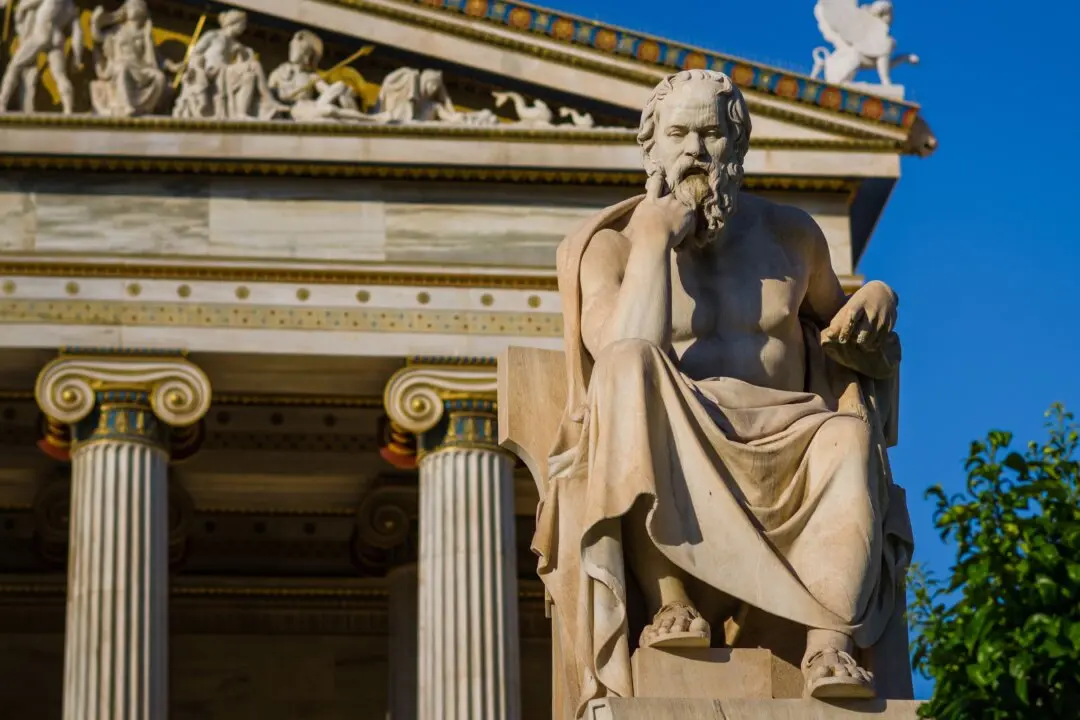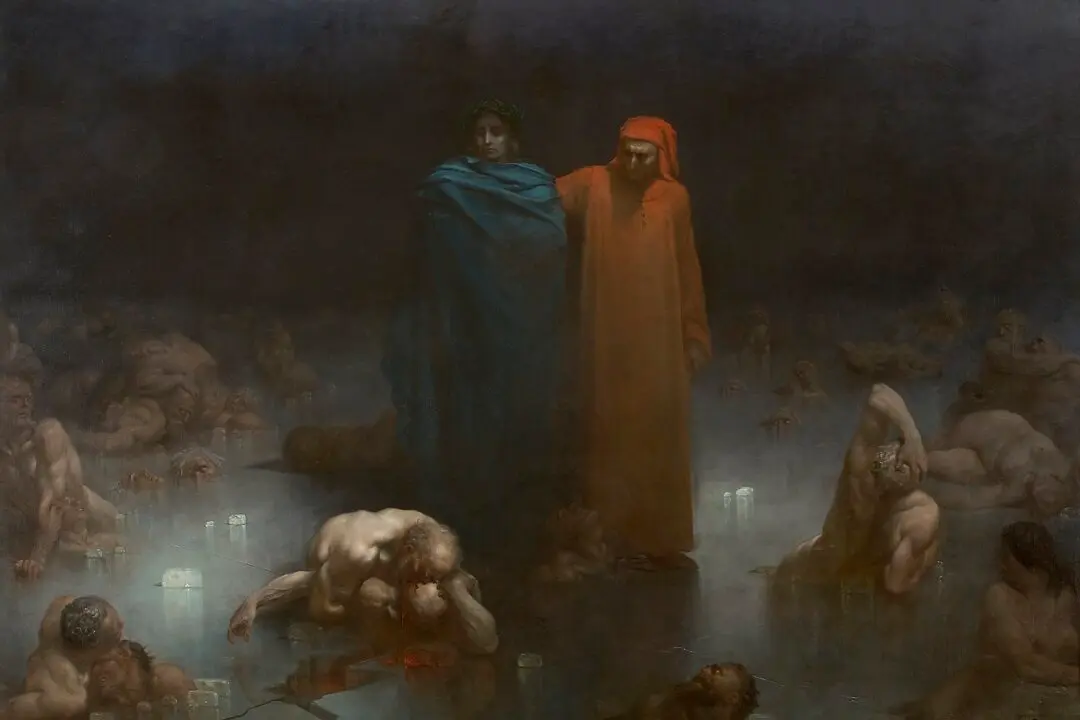Commentary
Perhaps it was only a matter of time, once the Soviet Union collapsed, for American patriotism to wither and recede. With no superpower to oppose it, with the world now open for full Americanization, borders were unnecessary and nationalism was obsolete. Let the globalization begin and old loyalties end!





